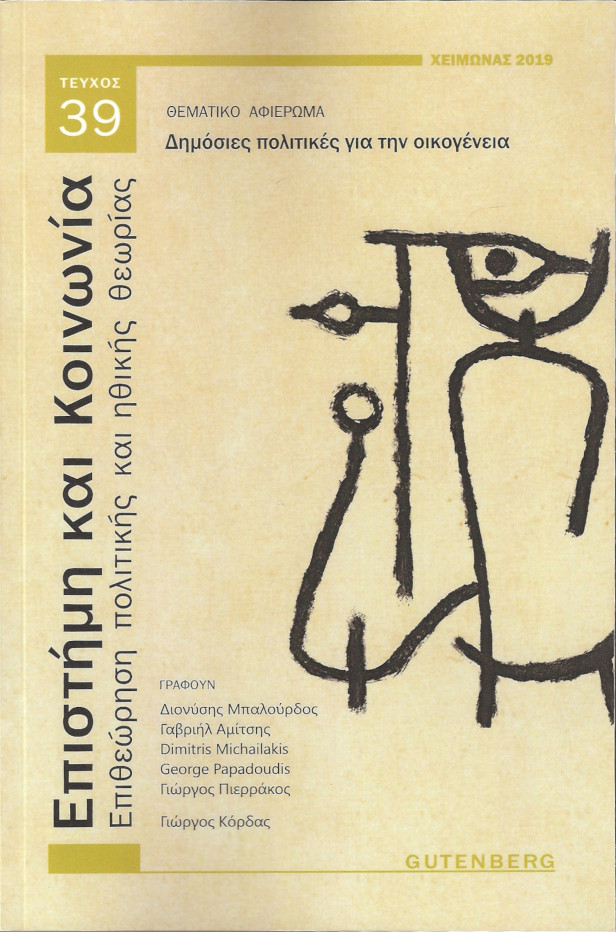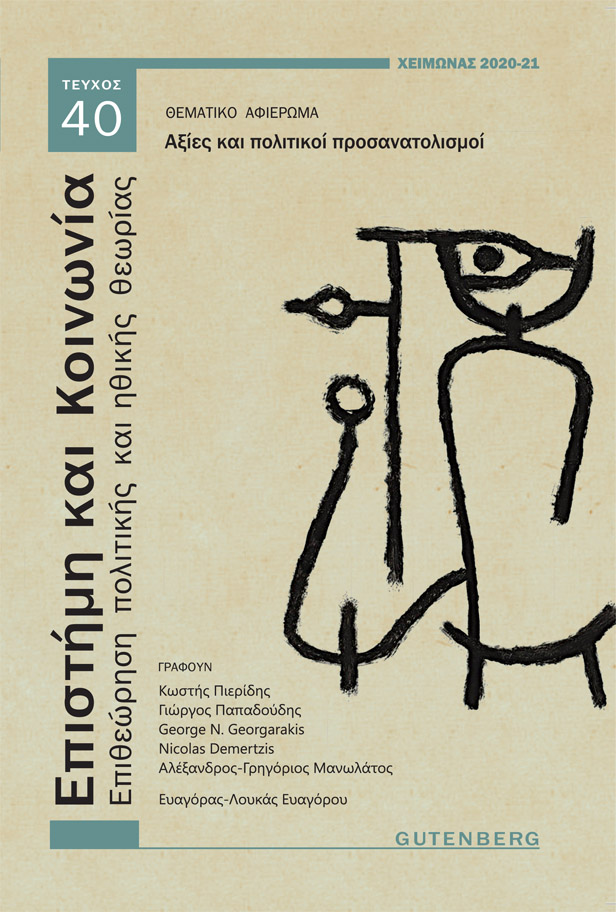Ageing population in Europe: The individual, the family and the welfare state

Published:
Dec 1, 2019
Keywords:
Ageing population socioeconomic status inequalities welfare state
Abstract
Population ageing in Europe is undeniably a success story. At the same time the new demographic mix is already challenging the old social policy framework together with a series of underlying socioeconomic factors such as inequalities and stratifications. The welfare state across Europe struggle among the current and projected total cost of ageing and the current and projected needs of an emerging ageing population. Pension, health care and long-term care systems tend to treat the needs and abilities of the older individuals as if there is no variation among them. But all individuals do not age following the same pattern. Divergent pathways over the life course present different outcomes in later life. Without innovative and targeted policy-making for the near and distant future the ageing population is in danger to be trapped between ineffective social support and inadequate family support (if any).
Article Details
- How to Cite
-
Παπαδούδης Γ. (2019). Ageing population in Europe: The individual, the family and the welfare state. Science and Society: Journal of Political and Moral Theory, 39, 95–128. https://doi.org/10.12681/sas.21211
- Section
- Articles

This work is licensed under a Creative Commons Attribution-NonCommercial-ShareAlike 4.0 International License.
Authors who publish with this journal agree to the following terms:- Authors retain copyright and grant the journal right of first publication with the work simultaneously licensed under a Creative Commons Attribution-NonCommercial-ShareAlike License that allows others to share the work, not for commercial purposes, with an acknowledgement of the work's authorship and initial publication in this journal. If you remix, transform, or build upon the material, you must distribute your contributions under the same license as the original.
- Authors are able to enter into separate, additional contractual arrangements for the non-exclusive distribution of the journal's published version of the work (e.g., post it to an institutional repository or publish it in a book), with an acknowledgement of its initial publication in this journal.
- Authors are permitted and encouraged to post their work online (e.g., in institutional repositories or on their website) prior to and during the submission process, as it can lead to productive exchanges, as well as earlier and greater citation of published work (See The Effect of Open Access).
Downloads
Download data is not yet available.



